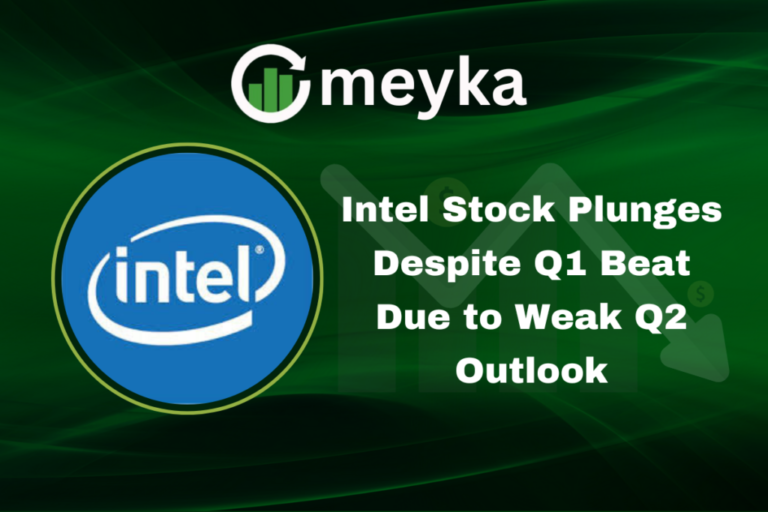Trent Share Price Falls 7% After Soft Q2 Results, Analysts Expect Slower Growth
The Trent share price dropped nearly 7% in recent trading sessions after the retail company reported weaker-than-expected results for the second quarter of FY2025. Despite strong momentum earlier this year, investors reacted sharply to signs of slowing sales growth and narrowing profit margins.
Continue Reading on Meyka
This article is available in full on our main platform. Get access to complete analysis, stock insights, and more.
Read Full Article →





